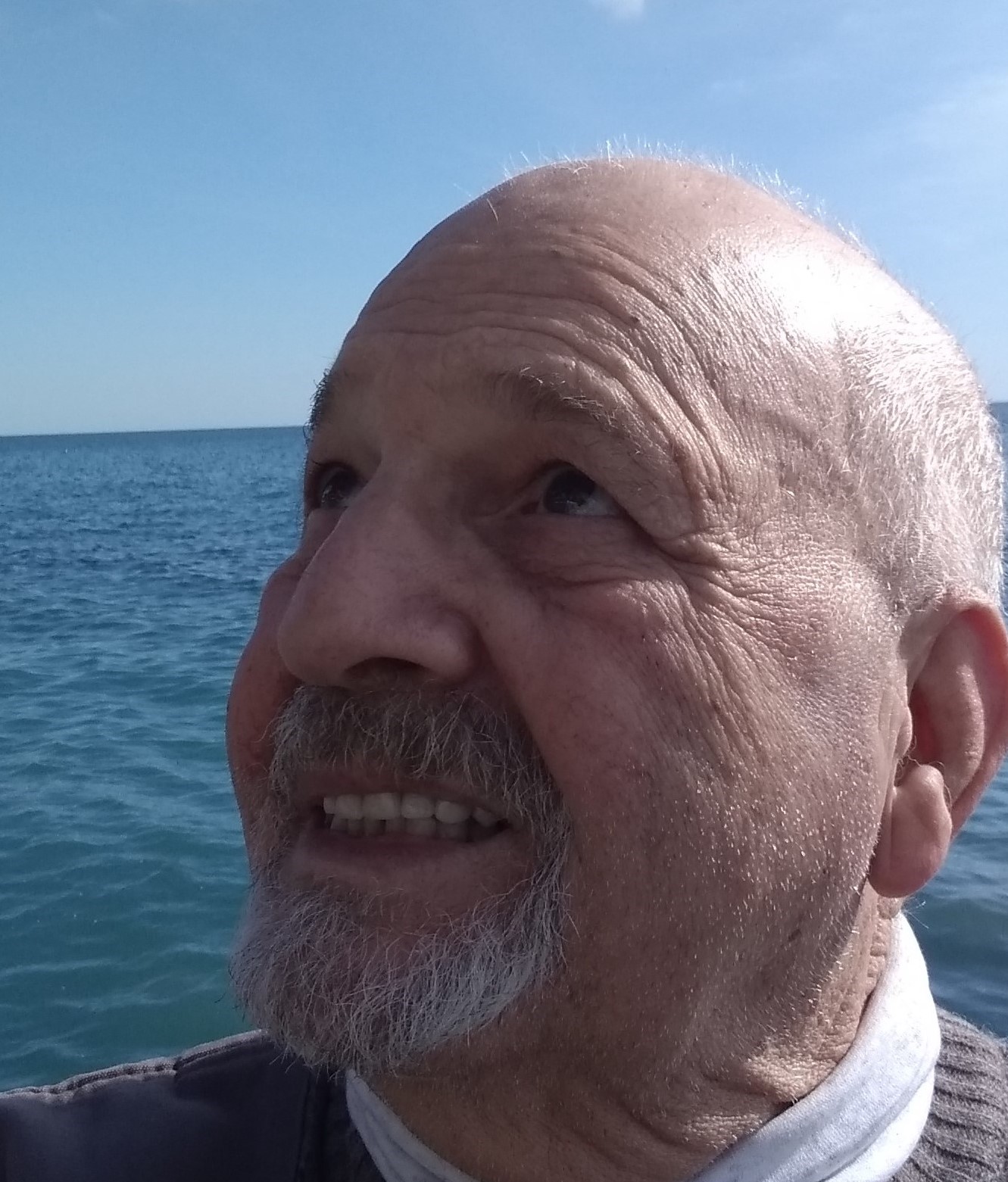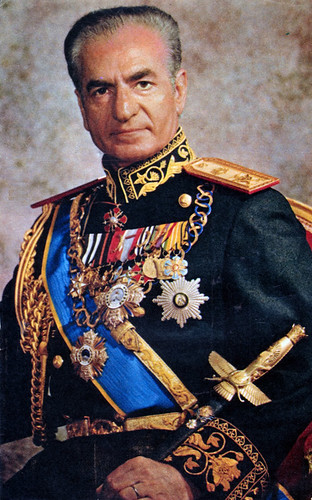[First published by The Greanville Post]
The US had a great deal going from 1953 to 1979 with the Shah of Iran. For 25 years Iran was a cornerstone of the US usurping the British Empire in the Middle East, following World War Two. Iran was a base for projecting US power in the region, and strategically it bordered the Soviet Union during the Cold War.
During the early 20thcentury the British Empire had full control of Iran's oil industry, and was paying Iran a flat fee for every barrel of oil it extracted. A rough calculation of Iran's royalties is between 8% to 16% of the profits, but Iran was never allowed to look at the financial books. [*]
Prior to the CIA-led 1953 overthrow of the democratically elected Prime Minister Mohammed Mossadegh, Iran demanded 50% of the profits and control of their oil industry. That was not unreasonable, but Iran was willing to negotiate. At the time, the US oil companies had a 50/50 profit sharing agreement with Saudi Arabia.
The British refused any negotiated settlement. It was then that the Iranian parliament led by Mossadegh voted to nationalized Iran's oil industry. The British responded with a naval blockade, and began plotting to overthrow Mossadegh and the parliament. As the Prime Minister, Mossadegh held the most political power in Iran because the people were behind him. The Shah of Iran was mostly a figurehead, at the time. [*]
President Harry Truman was adamantly against colonialism and sided with Iran, which infuriated the British. When President Dwight D. Eisenhower took office in 1953, he sided with the British. Eisenhower and Churchill plotted a coup d'e'tat to overthrow Mossadegh. The frightened Shah, who was in on the plot, fled from Iran before the coup attempt just in case anything went wrong. The first attempt did fail. A second daring CIA-led coup succeeded and the US reinstalled Mohammad Reza Pahlavi as the Shah of Iran, with dictatorial power.
By its intervention, the US broke the British Empire's monopoly on Iran's oil. That was part of the US's calculous. After the coup, US oil companies got 40% of Iran's oil industry, 14% went to Royal Dutch-Shell, 6 % went to the French Petroleum Company, and the British oil company kept 40%. In addition, Iran got its 50/50 share of the net profits that it wanted in the first place. The US immediately sent financial aid to prop up the Shah, and to bolster Iran's weakened economy from the British blockade.
If the British had initially been flexible, renegotiated a 50/50 oil deal with Prime Minister Mossadegh, then it would have made a coup less likely. Iran was developing a secular democratic government. It might have become a model for other post-colonial countries in the Middle East. Democracy and self-determination are what the US said its world mission was going back to President Woodrow Wilson in 1918:
"Every peace-loving nation which, like our own, wishes to live its own life, determine its own institutions, be assured of justice and fair dealing by the other peoples of the world as against force and selfish aggression. All the peoples of the world are in effect partners in this interest, and for our own part we see very clearly that unless justice be done to others it will not be done to us." [*]
Since Iran was a developing democracy, an excuse had to be found for a US intervention. Churchill accused Mossadegh of being a communist. There was no evidence that he was. Mossadegh was an anti-colonial nationalist who cared about the welfare of the Iranian people, and that was all the evidence that Eisenhower needed. Mossadegh had to be punished for standing up to the British and demanding Iran's natural resources for the benefit of the Iranian people.
The winners from the coup were the US and the timid Shah who had ran from his own people. The US would teach him how to have a backbone. He turned out to be a good student, and with the support of the US he turned Iran into a totalitarian police state and he ruled by terror. The Shah got US protection from his own people and from foreign enemies.
The US looked the other way from the Shah's corruption of conspicuous consumption, stuffing dollars in foreign bank accounts and lining his own pockets, and those of his cronies. The US got a big piece of the Iran oil industry, and Iran gave the US a strategically important location for a military presence. As for the people of Iran, they continued to live in abject poverty and illiteracy. [*]
Now that the Shah is gone, the US propaganda machine and the mainstream media put out a flood of stories about how wonderful life was under the Shah. The propagandists use economic indicators of inflation, employment, gross domestic product, oil exports and the upper-class standard of living. Anybody who puts out those kinds of comparative economics deserves to flunk Economics 101.
Iran has been under sever US-imposed economic sanctions for 40 years. The US has been threatening Iran with war and "all options are on the table" for decades. The US has also instigated instability inside Iran and supported external attacks by terrorist groups such as Mujahideen-e-Khalq, or MEK. [*]
MEK was on the US State Department's list of terrorist organization until it was removed by former Secretary of State Hillary Rodham Clinton in 2012. [*] The fact that MEK has killed US citizens in terrorist attacks did not hinder some US politicians from accepting large speaking fees at their conventions, even when MEK was still on the US terrorist list. [*]
The US project to destroy Iran's economy has had a devastating impact. The husky Secretary of Defense Mike Pompeo said that it is up to Iranian's leadership "if they want their people to eat". [*] Because of the US, Iran lacks sufficient funds that it would like to invest in human resources and social programs. Iran's constitution guarantees healthcare and free education for all, as well as protections of civil rights. As reflected in the drafting of the Constitution of the Islamic Republic, the vision of the economic order was:
(Note: You can view every article as one long page if you sign up as an Advocate Member, or higher).






